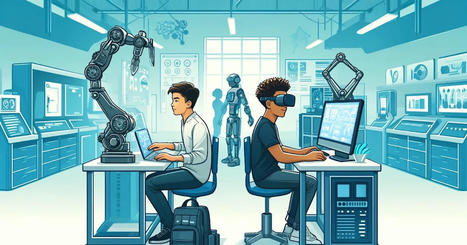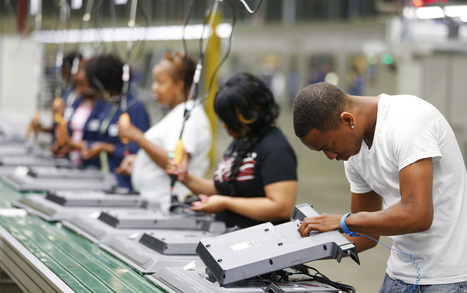Currently, Industry 4.0 (I4.0) represents a paradigm shift that is redefining manufacturing processes globally through the integration of advanced technologies in all aspects of production.
However, this technological advancement poses significant challenges in the realm of higher education, particularly in properly preparing students to meet the demands of the modern labor market.
This article, written by a team of experts from the Polytechnic University of Cartagena and other European institutions, explores the deep gap between the current competencies of students and those required by Industry 4.0, especially in the wood and furniture manufacturing sector.
The study is part of the European project MAKING 4.0, which aims to assess and report on the deficiencies and needs in key competencies and skills related to the Key Enabling Technologies (KETs) of I4.0.
Through a thorough analysis of surveys directed at relevant actors in the sector, a low level of competencies and qualifications in this industrial sector is revealed, both in educational and industrial contexts.
This research not only highlights deficiencies in current training but also emphasizes the urgent need to adapt educational curricula to close these competency gaps and effectively prepare future professionals for the challenges of Industry 4.0.
Via LGA



 Your new post is loading...
Your new post is loading...



















